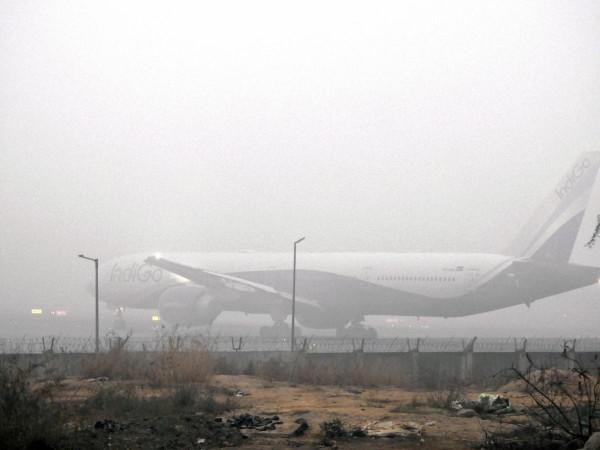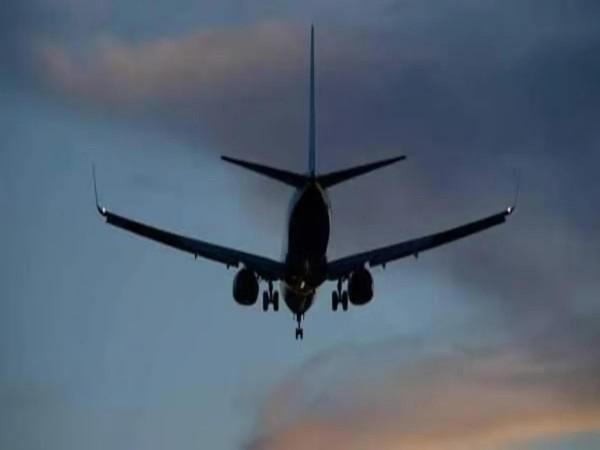
In a significant move aimed at ensuring the safety of air passengers and crew, India's aviation regulator, the Directorate General of Civil Aviation (DGCA), has proposed a phased implementation of revised flight duty time limitation (FDTL) norms. The DGCA has submitted a detailed plan to the Delhi High Court, outlining a two-phased timeline for the enforcement of these revised rules, starting from July 2025.
The DGCA's proposal comes in response to a writ petition filed by several pilots' unions, including the Federation of Indian Pilots, Air India Pilots' Union, Indian Commercial Pilots' Association, and the Indian Pilots Guild. The unions had approached the court in 2019, challenging the norms formulated by the regulator on pilot duty and rest hours. The DGCA's revised plan is a result of several rounds of court-ordered mediation with airlines and pilot associations.
The revised FDTL norms, which were initially introduced in January 2024, include increasing weekly rest for pilots from 36 to 48 hours and limiting the number of night flights a pilot can operate. However, these changes were put on hold due to severe resistance from airlines, which led to the unions approaching the court.
Phased Approach and Night Duty Norms
The DGCA's phased approach to implementing the revised norms is designed to ensure adequate rest for pilots, thereby minimizing the risk of untoward incidents, while maintaining operational stability for airlines. The first phase, starting from July 1, 2025, will see the implementation of 15 out of the 22 proposed clauses, including the extended rest period. The remaining seven clauses, related to night duty, will be rolled out from November 1, 2025.

The revised definition of night duty is one of the key changes proposed by the DGCA. Under the new norms, duty periods falling between midnight and 6 am will be classified as night duty, an extension from the previous midnight to 5 am standard. This expanded night window, however, has been met with strong opposition from airlines, including Indigo and SpiceJet, who warn that it could lead to severe operational disruptions.
The airlines' resistance to the revised norms stems from their concerns about the potential impact on their operations and costs. They argue that the rules would force them to cancel 20% of the flights at the peak of the summer travel season.
Airlines' Concerns and DGCA's Response
The Federation of Indian Airlines, an industry body, had opposed the new norms on the ground that the six-month timeline for implementation was inadequate. They argued that enhanced rest would mean airlines would now need to hire 10–20% more pilots, failing which there would be flight cancellations.
The DGCA's revised plan also includes provisions for pilots operating on ultra-long-range routes. These pilots will be guaranteed a minimum of 120 hours without any duties. In the event of unexpected delays, flight time may be extended by a maximum of one hour, and the flight duty period may be extended by up to two hours.
The DGCA's proposal for the phased implementation of the revised FDTL norms is a significant step towards addressing the issue of pilot fatigue, which has been a growing concern in the aviation industry. The erratic duty schedules and increased international flying have led to an exponential increase in night flying without adequate rest, causing stress and sleep deprivation among pilots.
The DGCA's plan to implement the revised norms has been set after considering stakeholder input, expert committee opinions, and national and international deliberations. The regulator has urged the court to consider the revised plan as the final roadmap for implementing Civil Aviation Requirements Section 7 Part III under the Aircraft Act of 1934. The high court will hear the matter next on Feb. 24.

















